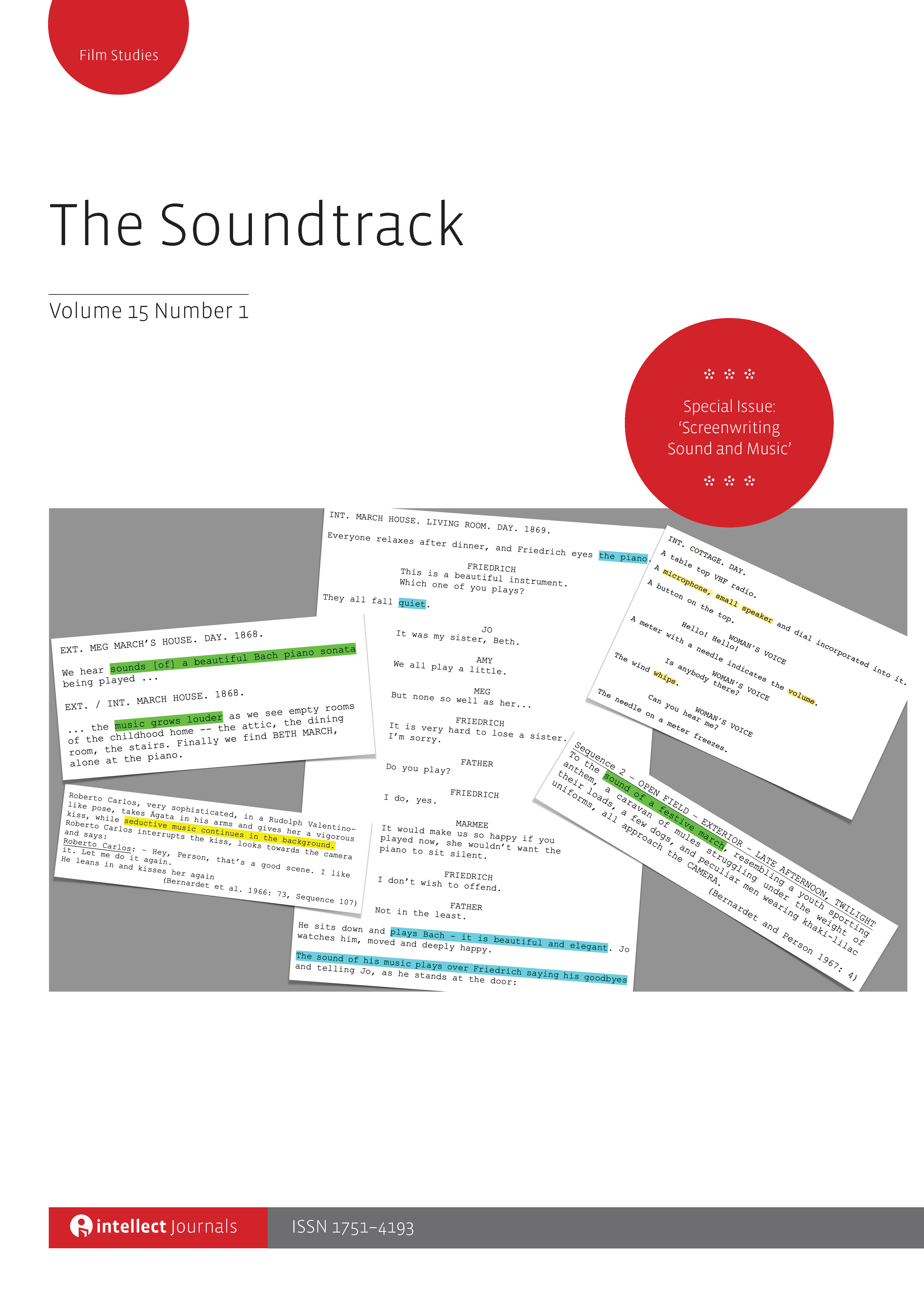
Full text loading...

The article focuses on the screenplay’s ‘afterlife’, as a (re-)creative product of captioners and a text for reading by the d/Deaf and Hard of Hearing (DHH) audience. In particular, it explores captioning practices that textualize aspects of the soundtrack crucial to screenplay meanings. Close study of horror series Stranger Things (ST, Netflix) and The Last of Us (TLoU, HBO) reveals how their closed captions represent the end in a unique chain of mediated translations between the script’s written word, the media form’s soundtrack and the captions’ screen text. Comparing ST Season 4, Episode 9 with TLoU Season 1, Episodes 3 and 6 uncovers the different approaches to captioning music and sound effects adopted by captioners. Moreover, juxtaposing the ST Episode 9 music and sound captions with its screenplay by the Duffer Brothers discloses the considerable gap between screenplay and captioned text, which argues for the significant contributions of captioners to media meanings initially created by screenwriters.

Article metrics loading...

Full text loading...
References


Publication Date:
https://doi.org/10.1386/ts_00028_1 Published content will be available immediately after check-out or when it is released in case of a pre-order. Please make sure to be logged in to see all available purchase options.